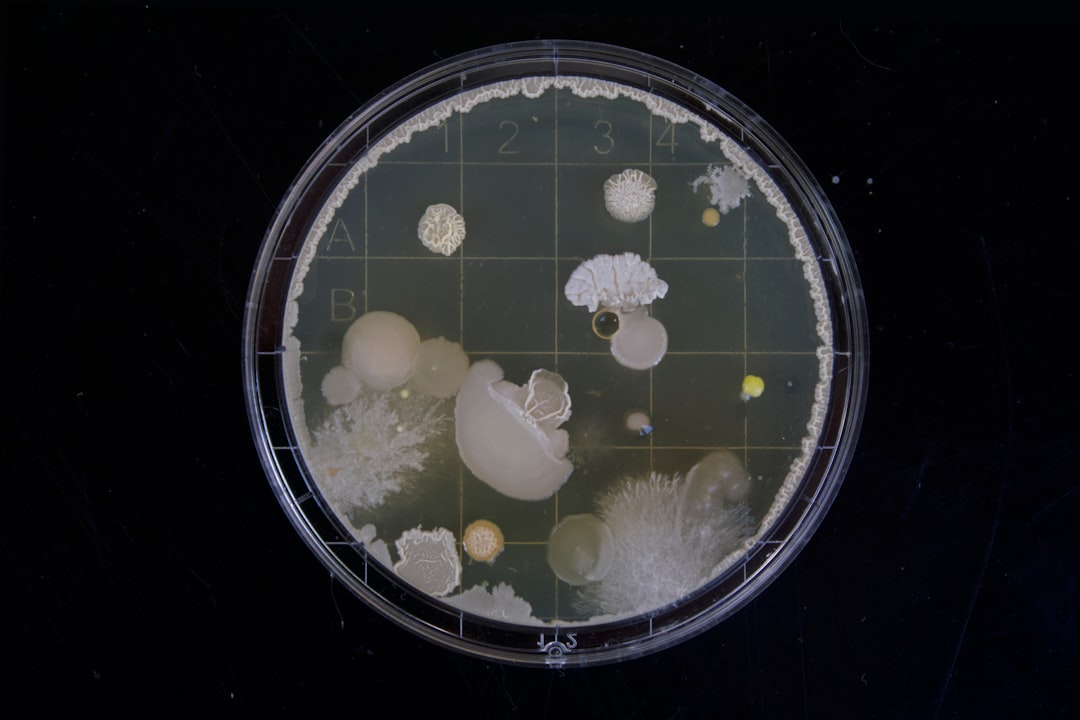What is it about?
In our manuscript, we found that Reactive Nitrogen Species (RNS) produced in response to bacterial infections by immune cells strongly influence antibiotic efficacy. By limiting bacterial respiration, these RNS shield intracellular pathogens from beta-lactam antibiotics. However, they also sensitize RNS-intoxicated bacteria to ciprofloxacin by deactivating efflux machinery.
Featured Image

Photo by Roberto Sorin on Unsplash
Why is it important?
Understanding how immune defenses synergize or antagonize antibiotic action is essential for optimizing our use of antibiotics and limiting relapsing infections.
Perspectives
The future challenge will be to leverage this knowledge to design new antibiotherapy or improve current antibiotic treatments.
Séverin Ronneau
Read the Original
This page is a summary of: Intoxication of antibiotic persisters by host RNS inactivates their efflux machinery during infection, PLoS Pathogens, February 2024, PLOS,
DOI: 10.1371/journal.ppat.1012033.
You can read the full text:
Contributors
The following have contributed to this page










